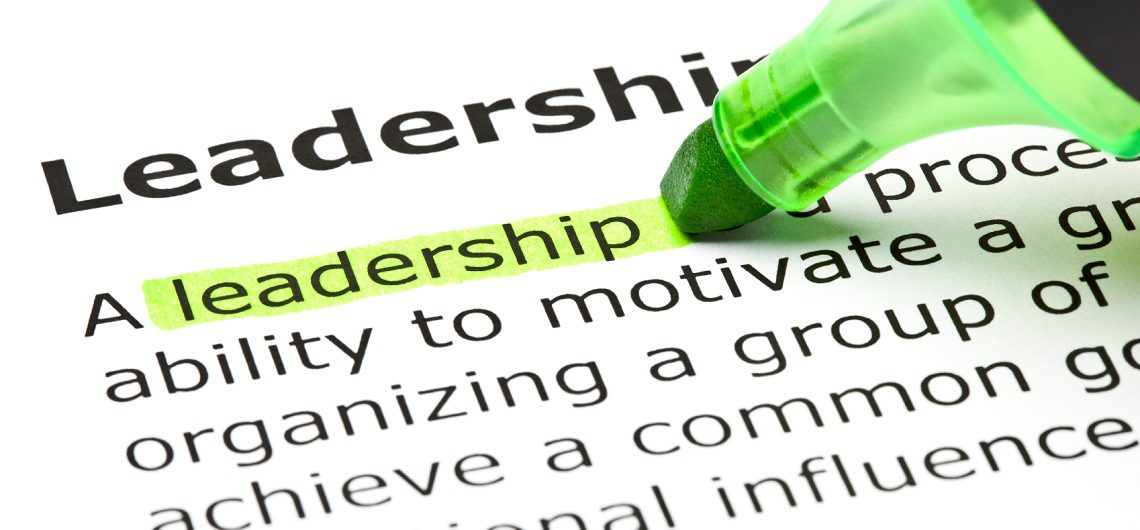by Michelle Hammond, Assistant Professor of Management at Oakland University in Rochester
Earlier in the year, Villanova beat the University of Michigan in the NCAA Final Four championship game. Scanning through media attention of the game, the focus appears to be on two key people largely made responsible for that win: Villanova’s head coach, Jay Wright, and star player, Donte DiVincenzo.
Coach Wright led Villanova’s second championship win in three years. He even looks like a celebrated hero in his tailored suits and Clooney-like countenance. DiVincenzo has been described as “The Michael Jordan of Delaware” and was nominated the Most Outstanding Player of the Final Four.
How much of Villanova’s win was down to this coach and star player duo? A good deal, according to what I’ve seen in the news. However, the abilities and dynamics of the other team members, the assistant coaches, the resources invested, and even the fans themselves also contributed to the win. Perhaps Michigan didn’t step up as much as they could have, giving Villanova that much more of an edge. However, we’re less likely to see these contextual factors mentioned in reports of the win.
Why?
We can get caught up in a romantic idealized view of leadership. We want a hero. We want someone to be responsible. We love a good hero or villain story! Perhaps this year’s scandals in the NCAA built up our need for a hero—a beacon of light in dark basketball times. However, we see this all the time in the media, in our workplaces, communities, families, and even in ourselves.
The question becomes: “How much does leadership matter?” How much do CEOs, presidents, coaches, and leaders influence outcomes in sports, communities, and businesses? It can be difficult to pin down an exact answer to that question, but it’s clear there are dangers in giving more to their contribution than what’s due.
The romance of leadership represents a bias in explaining outcomes in which we over-attribute outcomes to leaders and their leadership. Leaders take credit for success and we grant that to them. We blame them for failures that may or may not be within their control. We want someone to be responsible. However, there are a few dangers in holding a highly romanticized view of leadership:
- By holding a heroic view of leadership, we may be less likely to take responsibility ourselves. If we attribute the better part of success and failure to those in leadership roles, we’re not taking ownership ourselves and can be demotivated as “non-leaders.”
- When we turn leadership positions into heroes and saviors, we can justify excessive salaries for those at the top creating a demotivating pay gap across levels within organizations.
- The high expectations that come with a highly romanticized view of leadership create pressures on leaders to be superhuman – to have all the answers, to do more than one person can do, to be invincible. This creates both unrealistic expectations in which leaders may be pressured to do thing to protect this image and feeds the ego of those who enjoy the limelight.
- We may not be addressing the real issues when dealing with scandals and “leadership failures.” When bad things happen, our first reaction is to condemn the leader. However, simply firing the leader only goes so far. In a toxic triangle—a combination of destructive leaders, susceptible followers, and conducive environments—repairing or replacing only one element will not fully solve the problem.
- And finally, holding a view of a leader as a superman on a pedestal can make us less likely to step up when true leadership is needed. It reduces our own view of ourselves, both as leaders and as someone who can engage in leadership. Leadership goes beyond roles and positions but defining it as a heroic position limits our opportunities to see any leadership potential in ourselves and others. Because people don’t or won’t see themselves as heroes.
At the end of the day, does leadership matter? Do we need strong leaders? Absolutely! Not just for what they do themselves, but also for their influence in recruiting good people and bringing out the best in them, and for shaping an environment in which everyone can thrive. But these points should be moderated by an awareness of the dangers of a highly romanticized and heroic view of leadership.











































